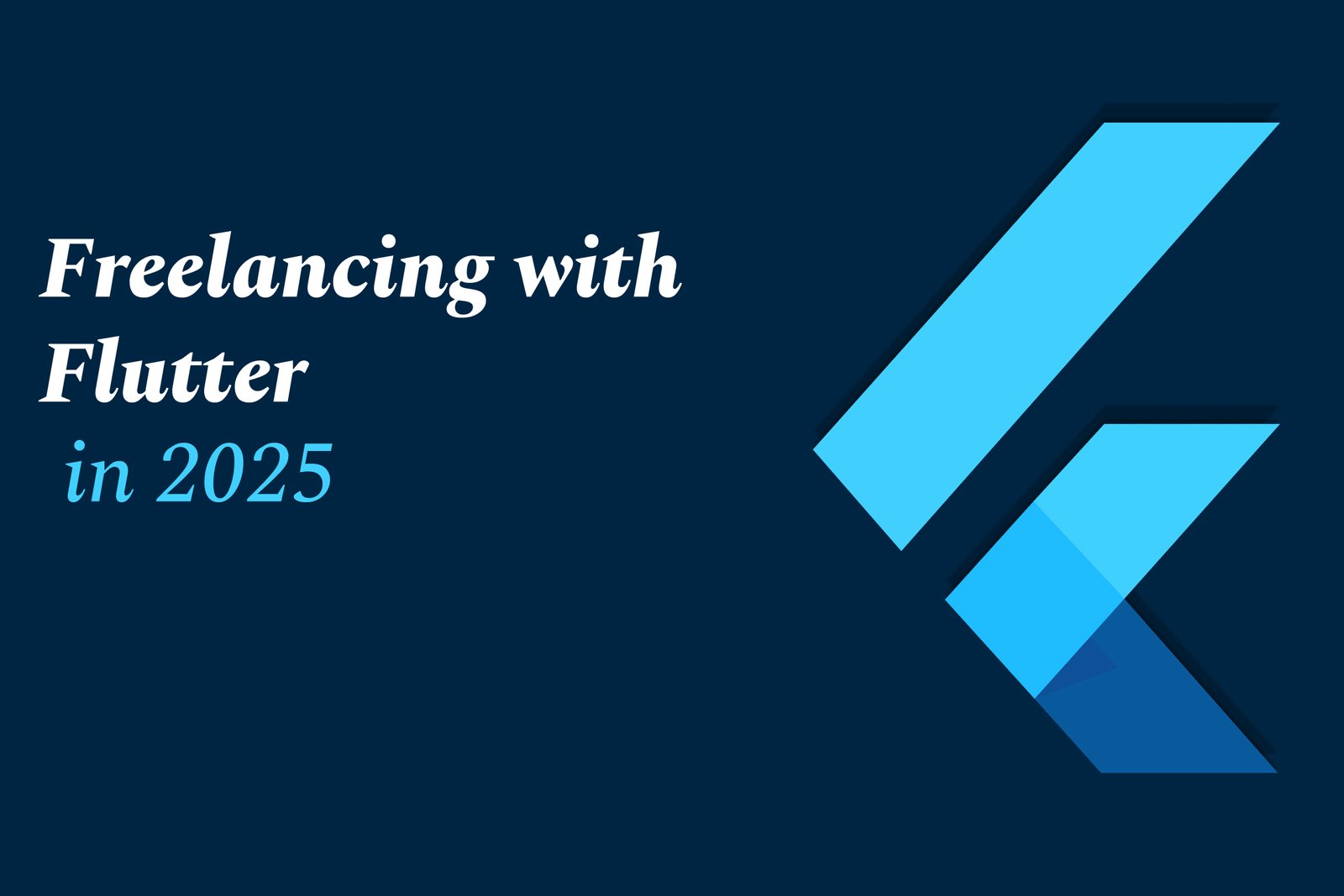Freelancing with flutter in 2025
Freelancing with Flutter in 2025 offers developers a versatile, in-demand skill to build cross-platform apps efficiently. With strong Google support and growing adoption, Flutter empowers freelancers to deliver high-quality, multi-device solutions, expanding their opportunities in the evolving tech market.
Freelancing with Flutter in 2025
1 ) Current Landscape of Freelancing and Flutter
Freelancing involves self employed individuals working independently across various industries including programming and app development.
Flutter, Google's open source UI software development kit, remains a prominent tool for multi platform app development in 2025.
It enables developers to build natively compiled applications for mobile, web, desktop, and embedded devices from a single codebase, promising productivity and flexibility.
2 ) Opportunities for Freelancers with Flutter
The multi platform capability of Flutter offers freelancers the chance to serve clients on diverse devices without managing multiple codebases.
Google’s active support and ongoing updates at events like Google I/O ensure that Flutter remains stable and reliable, enhancing freelancers’ trust in the framework.
Freelancers skilled in Flutter can leverage its fast compilation and hot reload features to deliver efficient, beautiful apps, increasing their market value.
3 ) Thriving as a Flutter Freelancer in 2025
Mastery over Flutter’s full ecosystem, including AI integrations, monetization, Google services, and gaming frameworks, can set freelancers apart.
Building a strong portfolio showcasing multi platform apps can attract diverse client projects.
Engaging with the Flutter community and staying updated on new releases are essential for maintaining competitive edge.
4 ) Challenges and Considerations
Despite Flutter’s growth, freelancers should prepare for competition and constantly evolving technology.
Understanding client needs and managing relationships remain critical soft skills alongside technical expertise.
Budgeting for business overheads like delayed payments and tax savings is vital for sustainable freelancing.
5 ) Conclusion
Freelancing with Flutter in 2025 presents exciting opportunities due to its versatility and Google’s backing.
Success depends on combining deep technical knowledge with effective client management and financial planning.
Flutter is not declining; rather, it remains a powerful tool for freelancers aiming to build high quality applications across platforms.
https://justacademy.in/news-detail/flutter-lts-release:-what-it-means
https://justacademy.in/news-detail/flutter-integration-with-github-actions
https://justacademy.in/news-detail/flutter-state-management-in-2025:-what’s-trending?
https://justacademy.in/news-detail/flutter-open-source-tools-roundup
https://justacademy.in/news-detail/must-have-flutter-tools-for-designers
Related Posts
Java supports GDPR and data privacy by enabling secure data handling through encryption, controlled access, and precise data management. It allows developers to minimize PII exposure, ensure data confidentiality, and design workflows that comply with data protection regulations effectively.
Java code quality tools have evolved to include advanced static analysis, integrated security checks, and AI-powered code reviews. These updates help developers detect bugs, enforce coding standards, and enhance security, streamlining the development process and improving overall code reliability.
Java remains a cornerstone in big tech companies, evolving with modern features like records, pattern matching, and virtual threads. Its robust ecosystem, enhanced performance, and growing AI integrations keep it vital for both legacy systems and innovative new projects.
Java and CI/CD pipeline optimizations streamline Java application development by automating builds, tests, and deployments. They improve efficiency through parallelization, caching, and secure secrets management, enabling faster feedback loops and more reliable, scalable software delivery.
Java supports modern cryptography standards through its flexible Java Cryptography Architecture (JCA), enabling integration of advanced algorithms like AES, EdDSA, and post-quantum tools. Libraries like Bouncy Castle offer FIPS-certified, hardware-accelerated implementations for secure development.
Java 23 enhances record patterns by enabling concise, direct destructuring of record components within pattern matching, simplifying type checks and data extraction. This improvement boosts code readability and expressiveness by reducing boilerplate in handling immutable data classes.
Java remains a top choice for mobile app backends, powering scalable, secure, and high-performance server-side solutions. Latest trends include cloud-native microservices, reactive programming, and enhanced JVM optimizations, enabling efficient, flexible, and robust mobile backend development.
Java SE 24 and LTS Java SE 21 offer enhanced features and performance, while Apache Spark 4.0.0 introduces Scala 2.13 support and advanced ML and SQL capabilities. Together, they empower developers to build scalable, high-performance data applications with modern tools.
JUnit 5 modernizes Java testing with a modular architecture, improved assertions, and seamless Java 8+ support. Beyond JUnit, tools like Mockito and AssertJ enhance mocking and assertions, creating a powerful, flexible ecosystem for writing clean, efficient Java unit tests.
Java plays a pivotal role in cloud automation tools by providing a robust, platform-independent language used to build scalable automation frameworks like Jenkins and Selenium, enabling efficient CI/CD pipelines, testing, and orchestration across diverse cloud environments.










